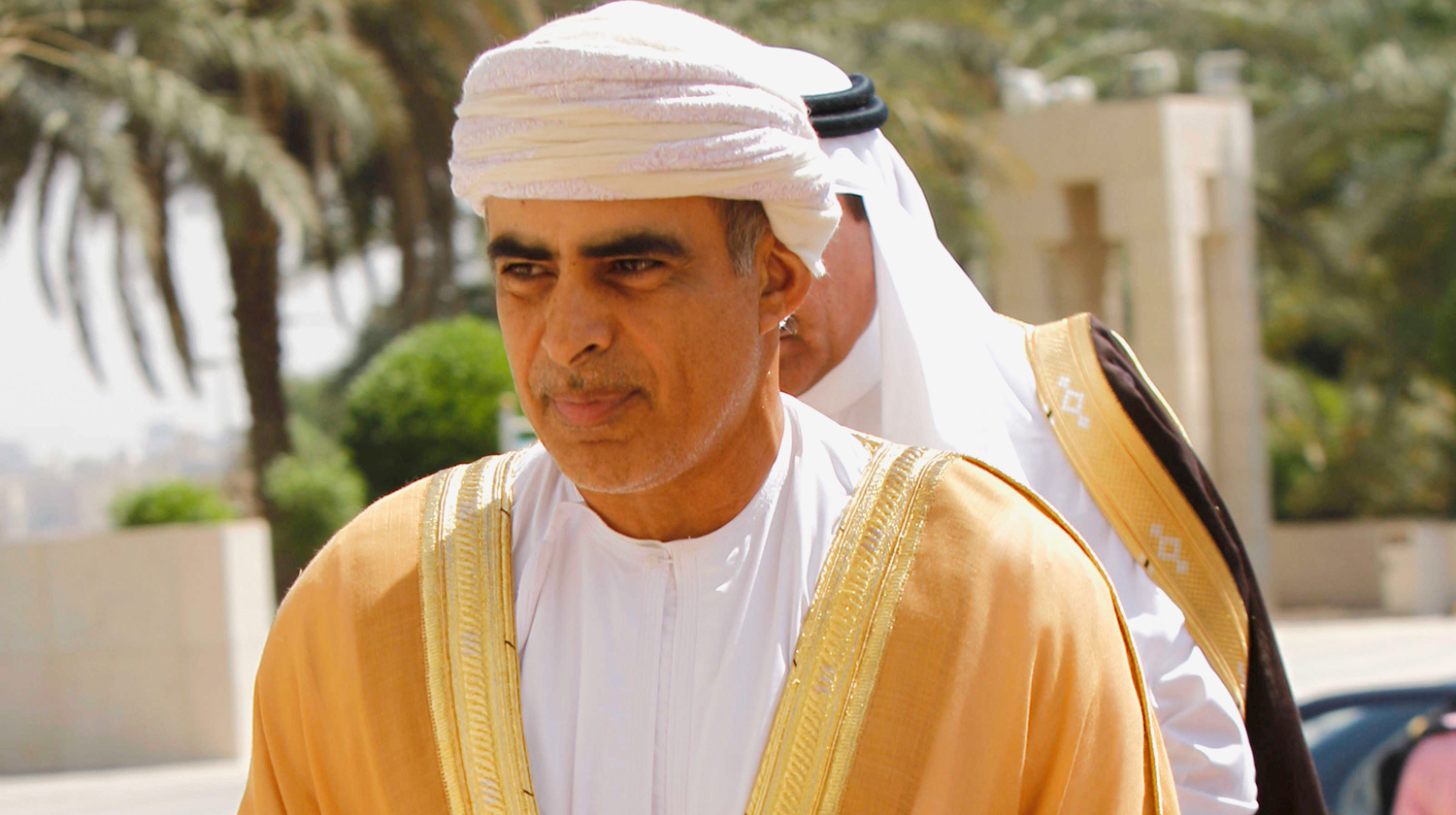

MUSCAT, JAN 18 - Climate change cannot be addressed in isolation from other pressing global challenges, such as hunger, energy insecurity, youth unemployment, and so on — interconnected issues that to be discussed holistically, according to Oman’s Minister of Oil and Gas.
Dr Mohammed bin Hamad al Rumhy (pictured) made the assertion during a Leadership Roundtable organised by Dubai-based think-tank Gulf Intelligence as part of the annual Oman Energy Forum held in Muscat recently. Deliberations during the roundtable, attended by top-tier executives of Oman’s energy industry, focused on the theme, ‘Tackling Carbon Emissions in Oman: Building a Roadmap for Oman to meet its Paris Agreement?’
In comments during the roundtable, Dr Al Rumhy acknowledged the “complicated” nature of the current international debate on climate change at a time when large swathes of the global population are burdened with equally weighty challenges.
“It’s a very complicated discussion,” said the minister. “For example, there was an agreement a few years ago to eradicate poverty worldwide. Yet, with discussions surrounding the Paris Agreement, there was no talk on poverty.
If you go to certain parts of the world today talking about carbon, capture and storage (CCS) in support of the Paris Agreement, they will think you are totally mad. For them, the priority is eradicating poverty and improving food supplies. And therein lies the complication.”
Engaging with leaders representing all of the key stakeholders operating across Oman’s energy sector, Dr Al Rumhy called for an integrated, holistic approach to tackling the multiplicity of challenges impacting the world.
“We have many challenges in the world. Of the many, one is to reduce CO2 and one is to supply mankind with a reliable food supply. Yet sometimes, the process of supplying food defeats the objective of cutting CO2 emissions. So, unless we bundle everything into one box and get a comprehensive discussion and debate, we will not achieve our many goals. You cannot achieve food security without addressing energy security and vice versa. And you cannot achieve CO2 objectives by 2050 without addressing youth unemployment and vice versa. And it goes on.”
Cautioning against a compartmentalised approach to tackling these daunting challenges, he said: “We need serious discussions to synergise all the challenges, so we stop talking in isolation. Silos are why we have disagreement from countries like China and India, saying we have billions of people to feed. We need to move forward collectively.”
Oman is among nearly 200 countries that have signed up to the Paris Accord that commits signatories to a set of guidelines on how they will achieve climate change targets enshrined in the landmark agreement. In addition to a comprehensive renewable energy programme that will see at least 30 per cent of power generation coming from sustainable sources by 2030, the Sultanate is also moving ahead with strategies in support of energy conservation, energy efficiency, energy storage and green hydrogen production, among other low-carbon fuels.
Oman Observer is now on the WhatsApp channel. Click here



